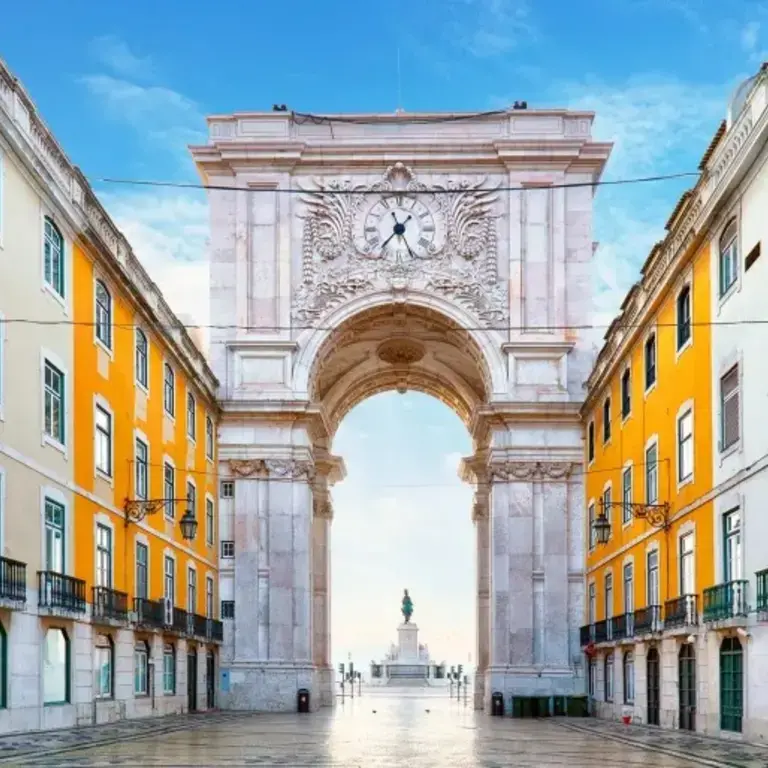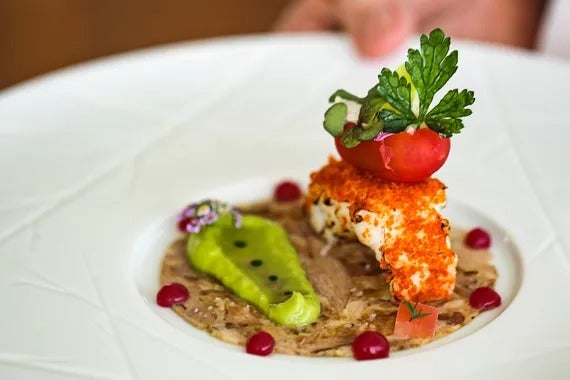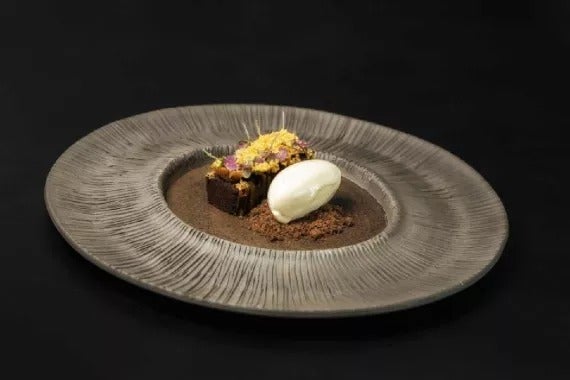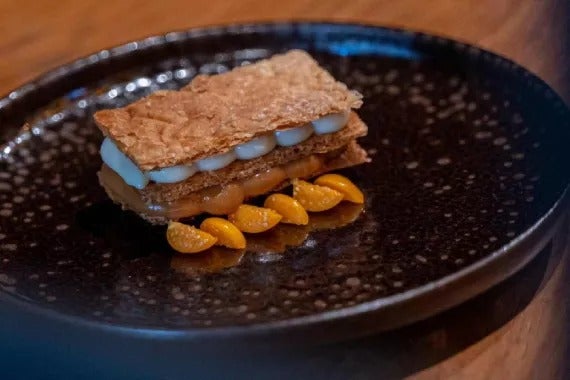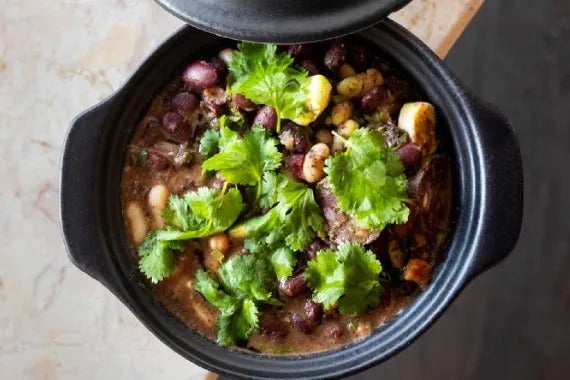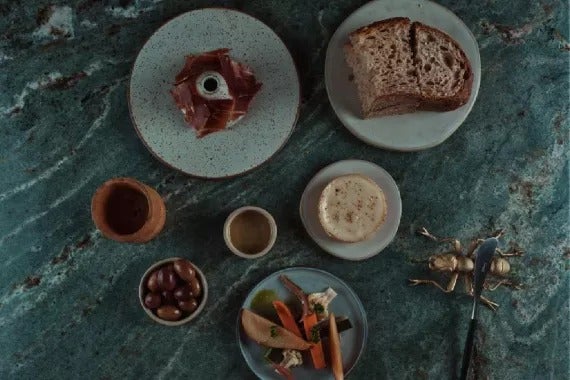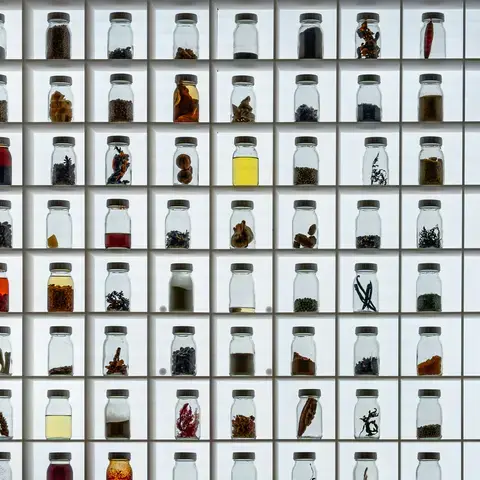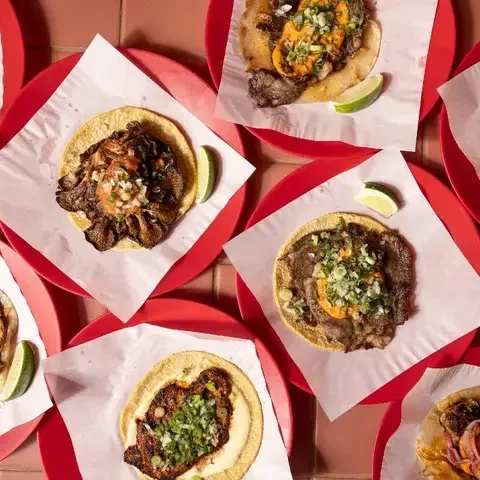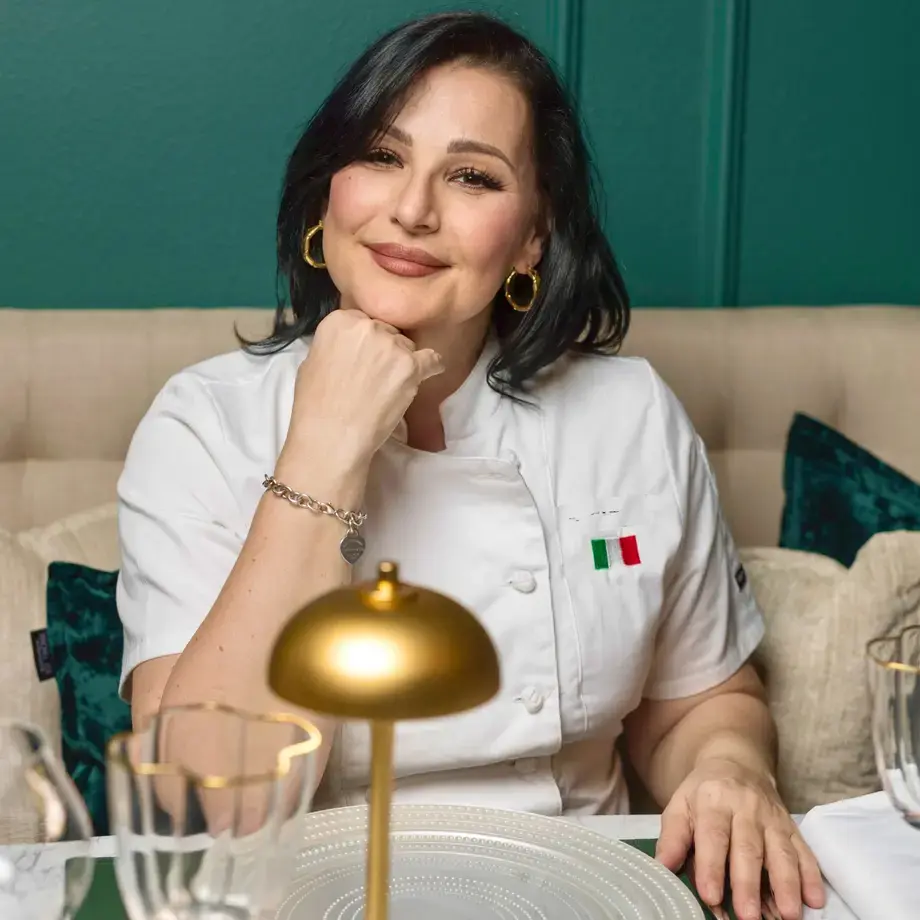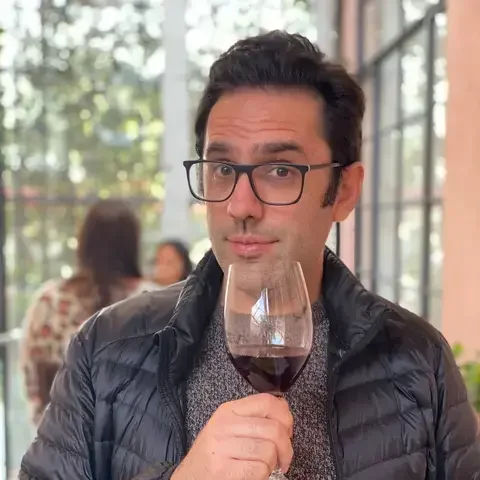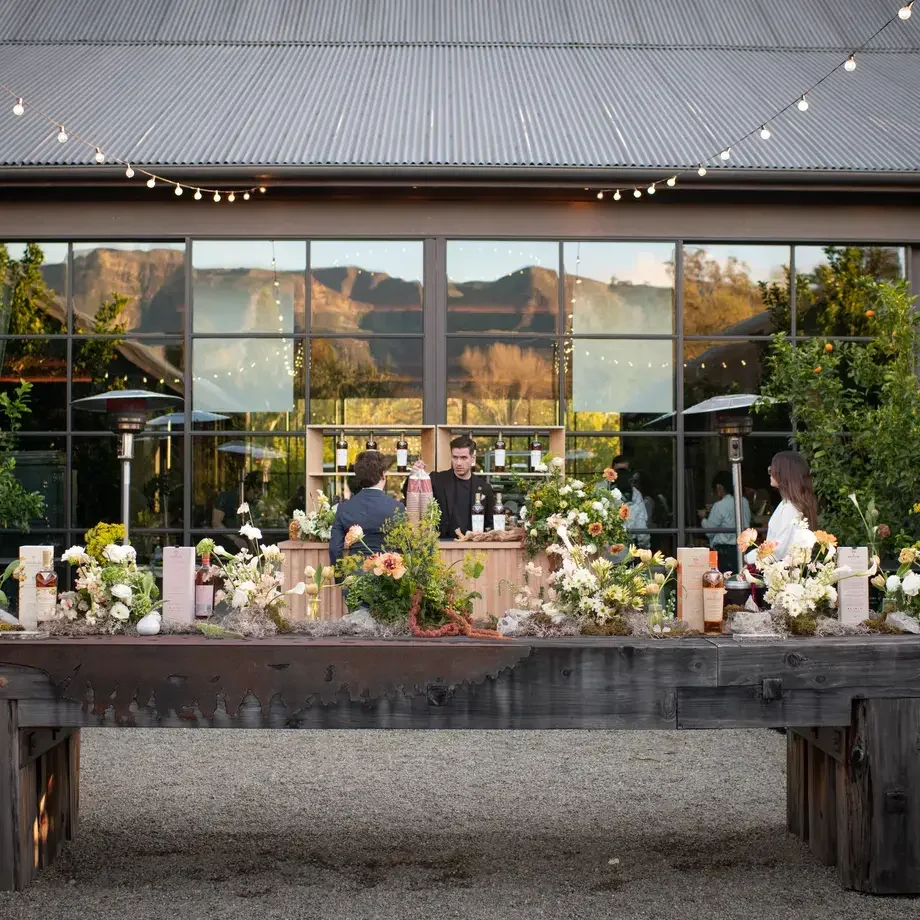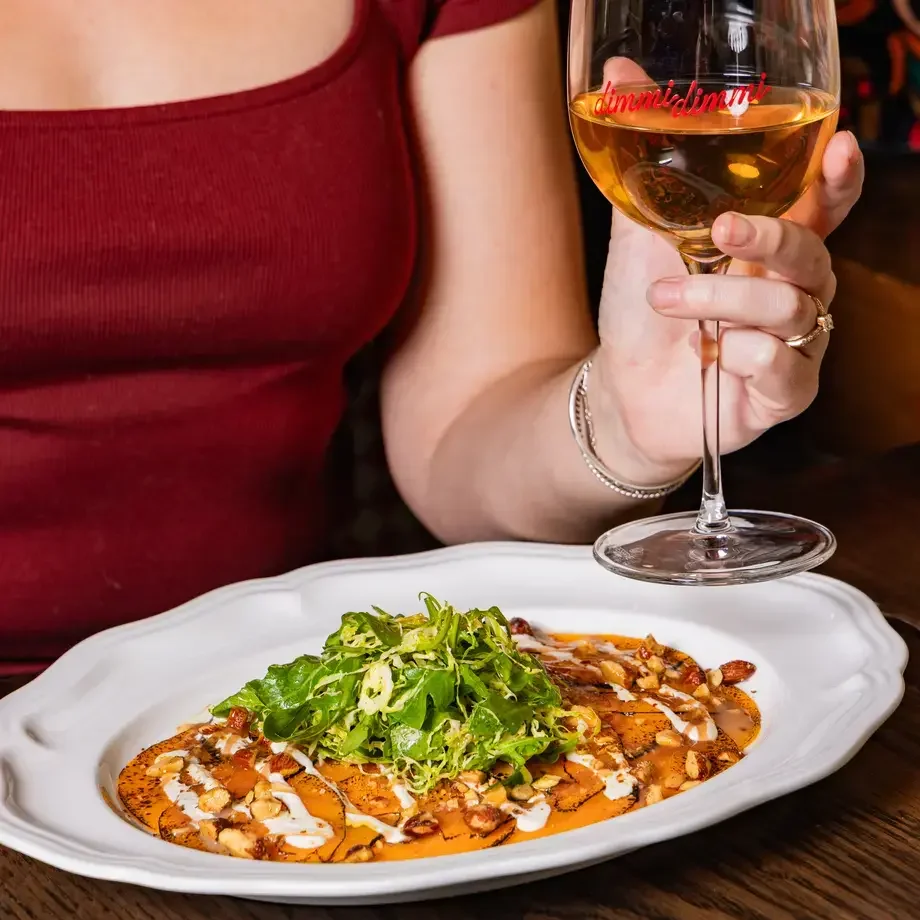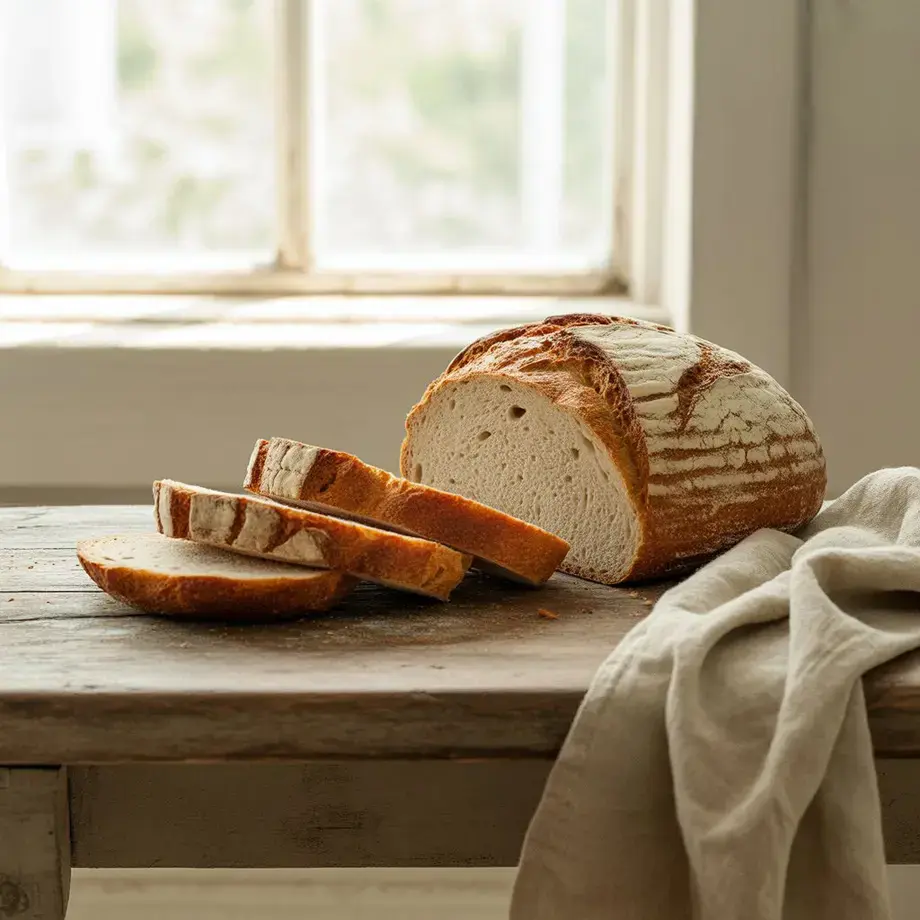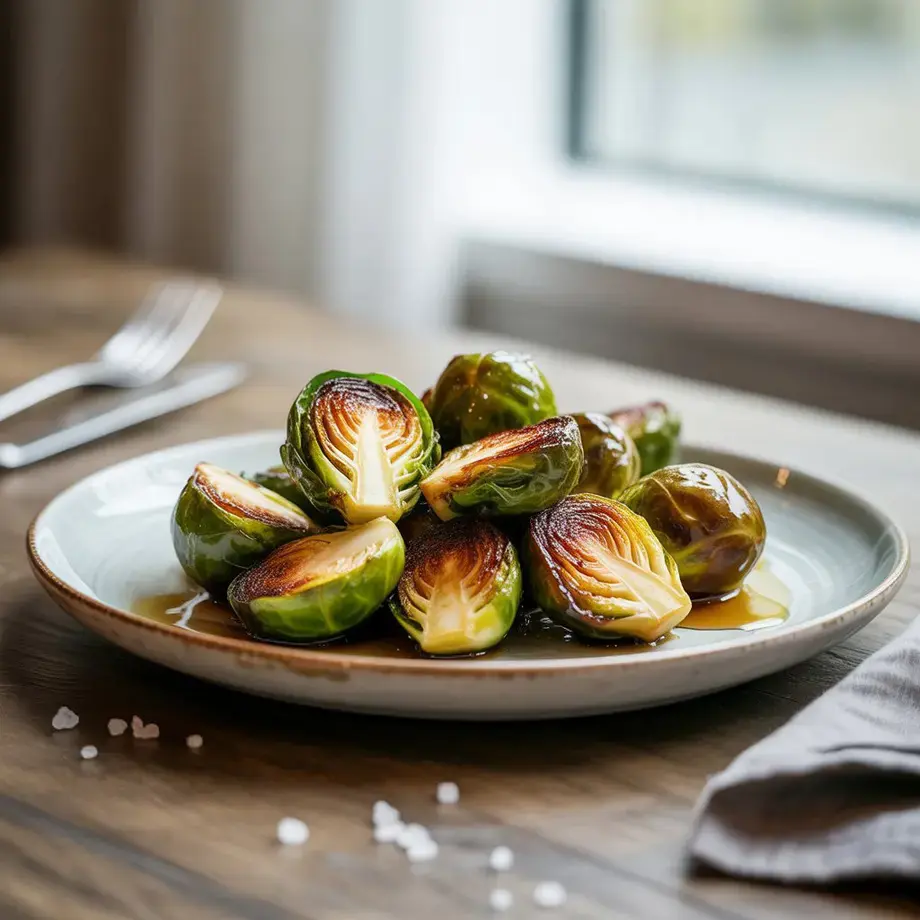Lisbon is a city where the gastronomy scene booms, with few parallels compared to the rest of Europe right now. A new flow of immigrants and a horde of tourists (slowly trickling back at the tail end of the pandemic) have helped the city develop its culinary scene very quickly. With restaurants finally reopen, Lisbon is an excellent destination for those seeking to eat well.
Taberna do Calhau
Architect-turned-chef Leopoldo Garcia Calhau opened his small taberna (a Portuguese homey restaurant) in the multicultural Mouraria region to serve no-frills, hearty dishes and a good selection of Portuguese wines. It’s a casual place with marble-topped tables and a cozy feel to taste traditional dishes with a twist, such as the Alentejano croissant, filled with scrambled eggs and truffles; his version of cabeça de xara (pig’s head cheese); and red shrimp with prawns and lupine. Calhau also runs Bla Bla Glu Glu, a cozy wine bar just next door.
